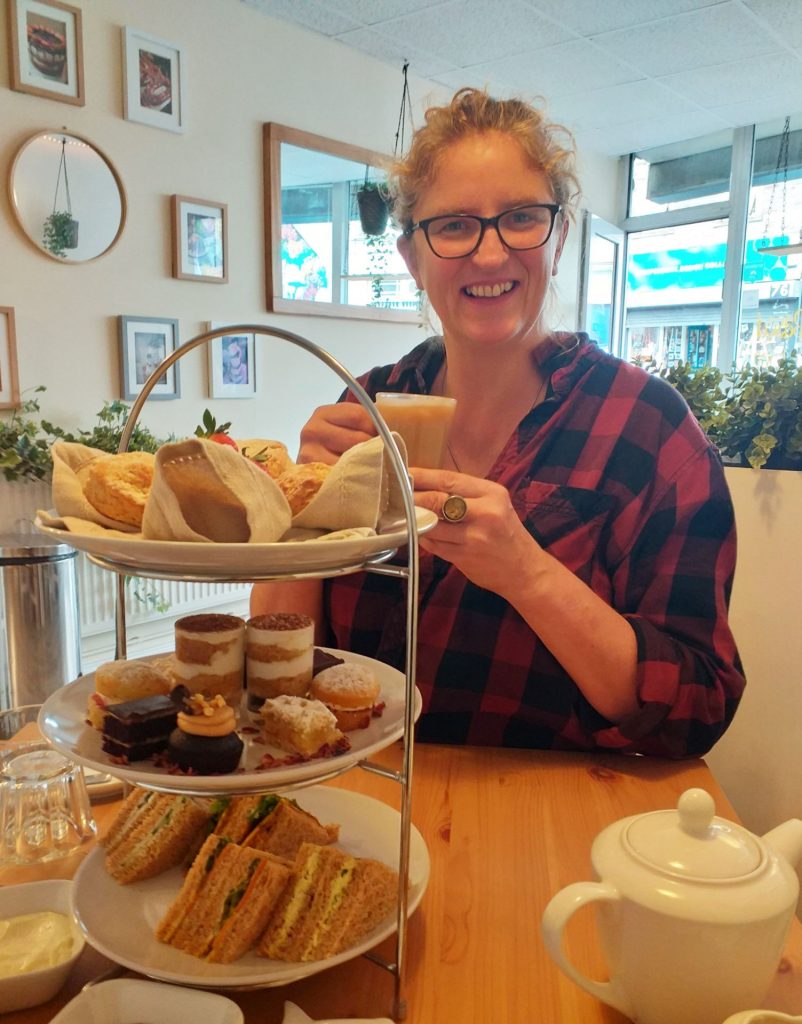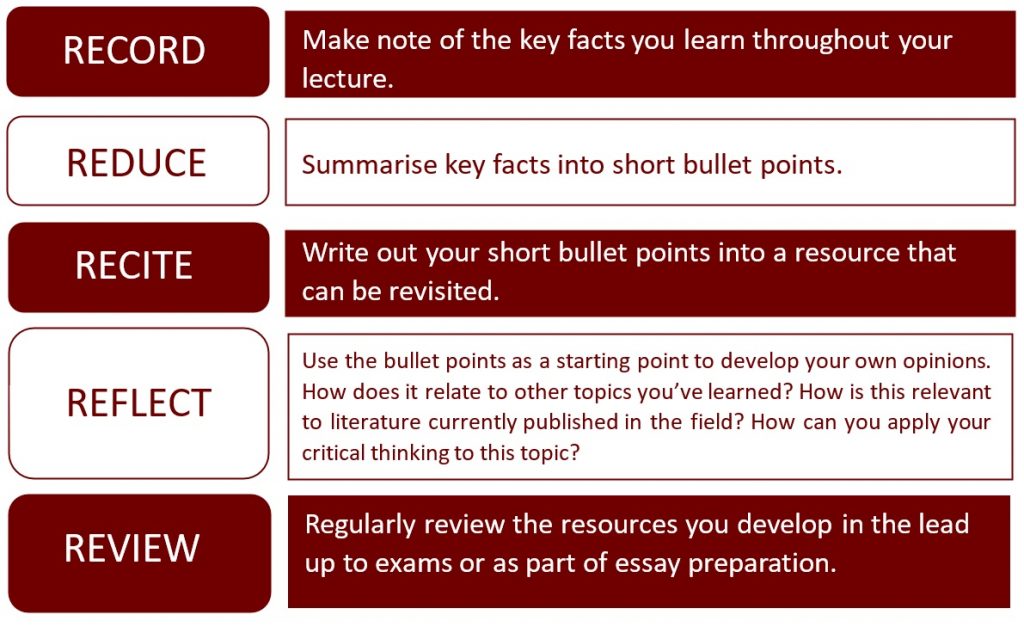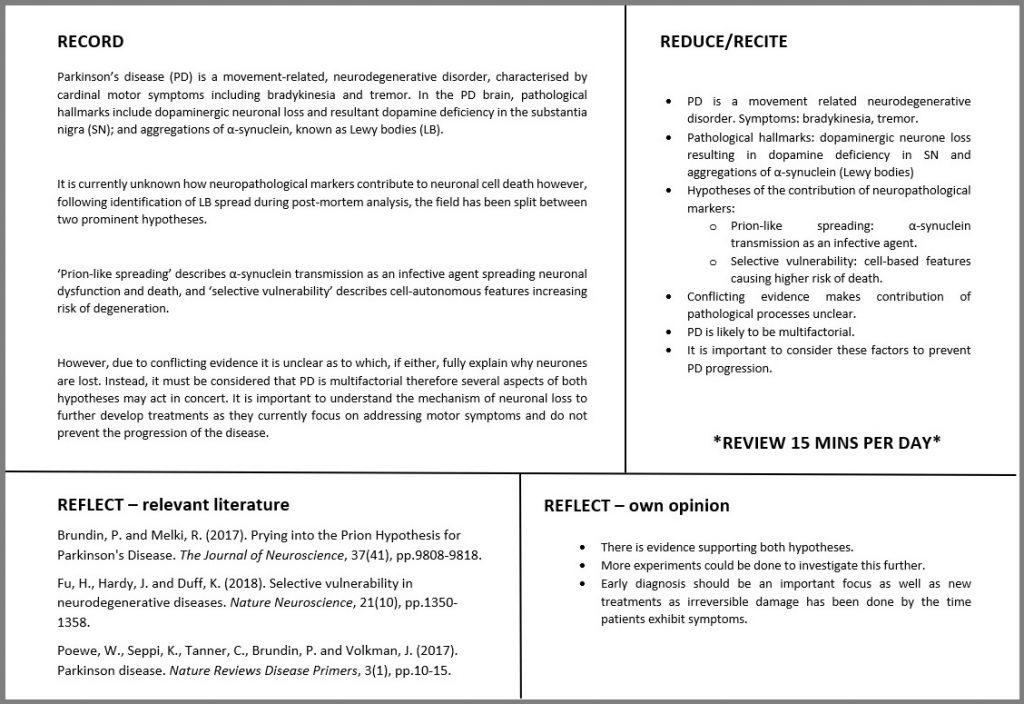
Our Bristol Futures Student Advocates come from every faculty in the university, and are here to support you to grow your skills and become an even better student.
We asked them to share their top tips for getting going with essay writing. Here’s what they said…
Get your ideas down
Writing down your ideas onto a page and creating a mindmap/ list of things you need to include (make sure you have a look at your mark scheme to give you pointers if this has been given!) is a great way to group topics together and visually looking at the structure of your essay before diving in. For me, it’s been really helpful in making my writing more concise, and stops me repeating the same ideas! Shraddha, 2nd year Medicine
Do a little every day
Start ASAP! You can start planning the timeline for what you want to do: e.g. research, intro, main body, conclusion, diagram, editing. Then start soon so that you can do a little everyday rather than rushing at the last minute. Anon.
Create subheadings
After gathering ideas for your essay, try to start by considering subheadings for different parts of your essay. The subheadings will help to create a brief summary on what to include in the section. Therefore, it may be easier for you to complete the essay quickly. Emma, 3rd year Veterinary Science
Just start writing
Dissect your essay title and literally just start writing: Write down any sentences or even little pieces that you think are relevant, it doesn’t need to be neat or tidy — we’ll worry about that later. Writing becomes so much easier when you don’t need to worry about so many things at once. It might take a couple of rounds of editing, but it is so much easier to make a start. Carol, 3rd year Plant/Bio Science
How do you deal with the blank page? What are your own strategies for getting starting with writing? Let us know in the comments below.
Bristol Futures Student Advocates run peer support sessions for students in their faculty. Check out the Study Skills Blackboard page to see what’s coming up.



 By Molly Jackson, Translational Health Sciences student and Bristol Futures Advocate
By Molly Jackson, Translational Health Sciences student and Bristol Futures Advocate
